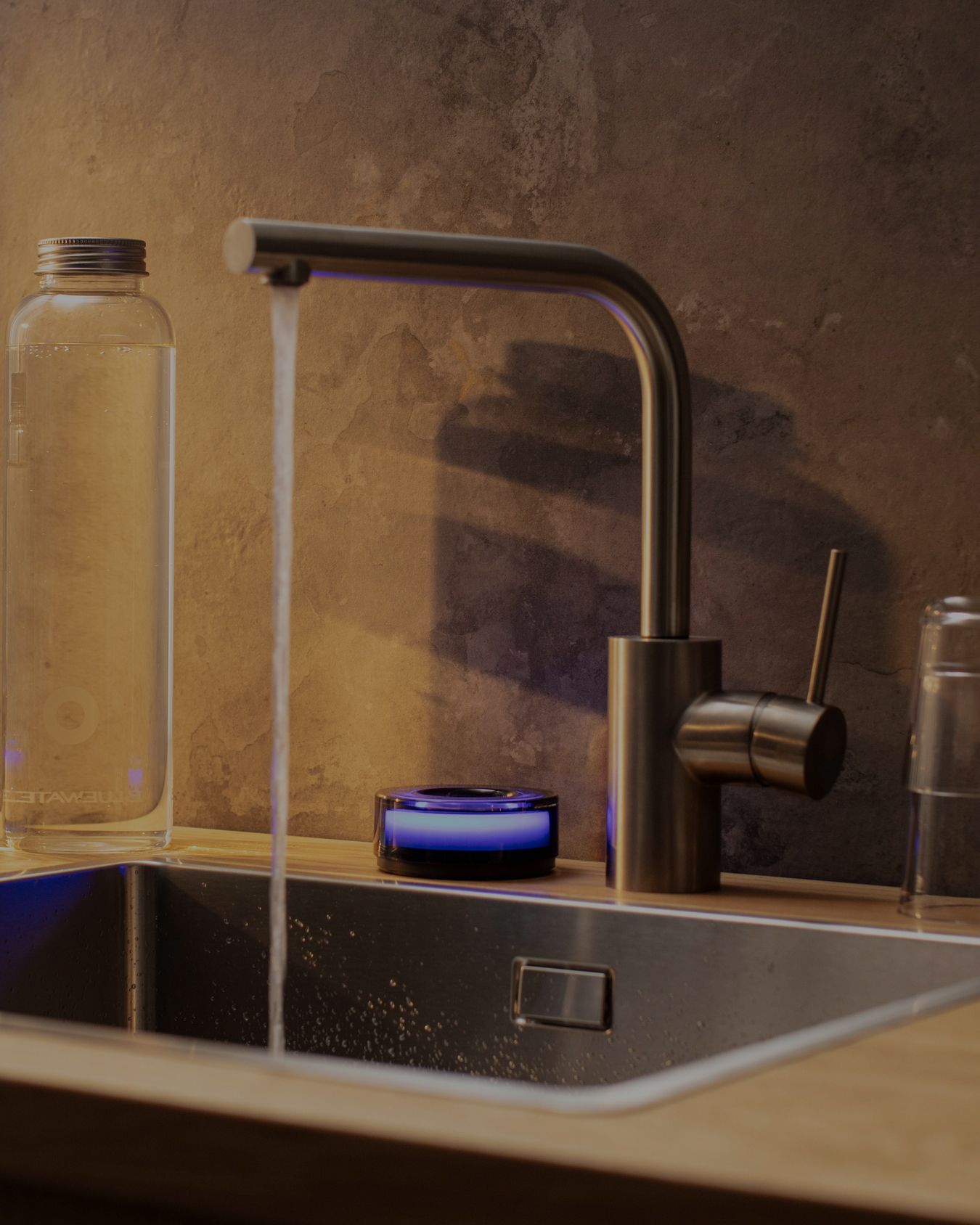What Is Hard Water?
Last updated: November 2025
Introduction: How Hard Water Affects Your Water Quality
If you live in the UK, chances are you’ve experienced hard water—whether that’s limescale in your kettle, dry skin after showering, or stiffness in your laundry. Hard water is extremely common across England, especially in London and the South East, and it affects everything from hair health to the lifespan of home appliances.
This guide explains what hard water is, what causes it, how to know if you’re in a hard water area, whether hard water is bad for you, how it affects hair and skin, and what you can do to reduce its impact. It also introduces how purified water from the Bluewater Kitchen Station 1™ helps protect your home, your hair, and your appliances by providing ultra-clean, great-tasting water straight from the tap.
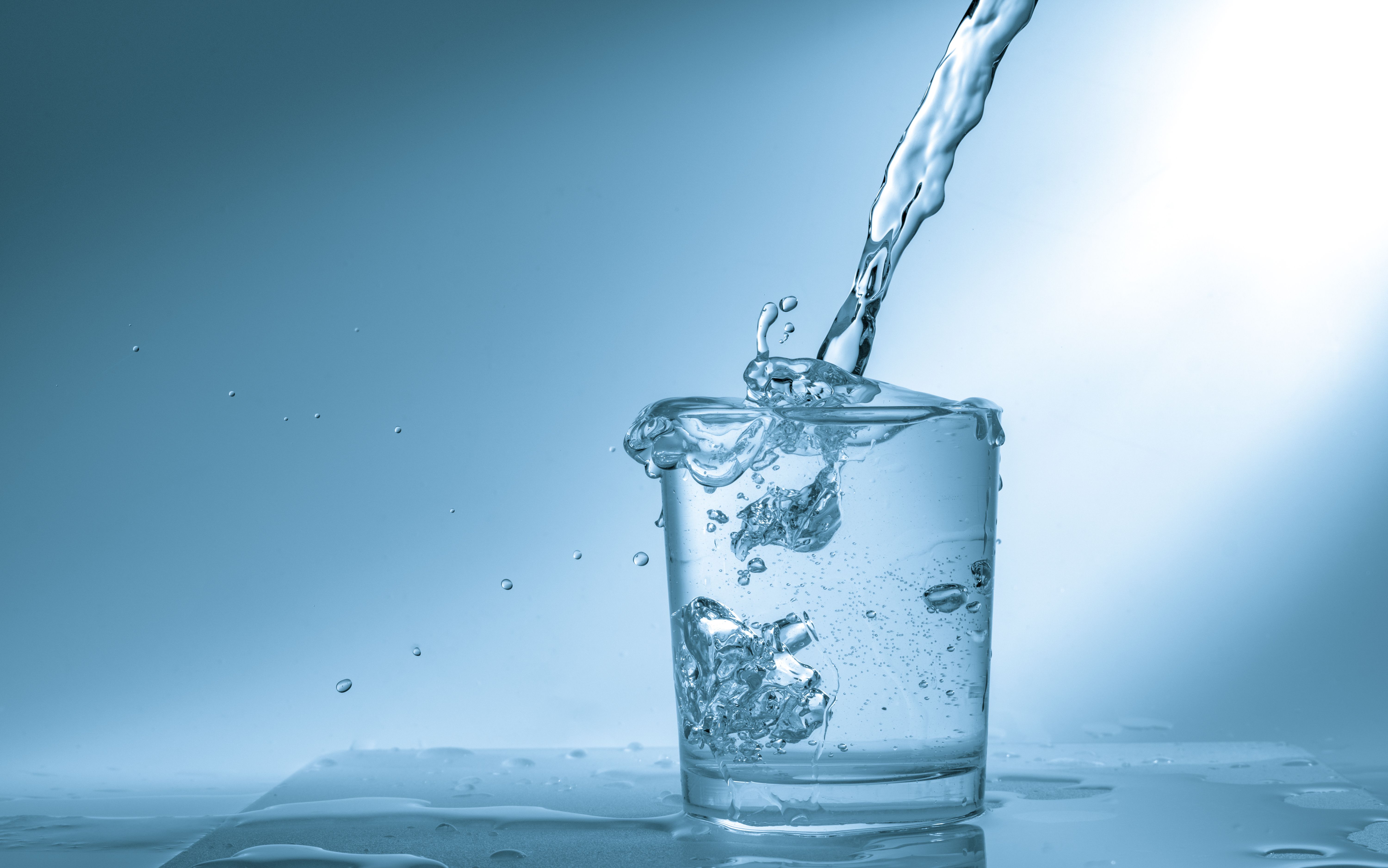
1. What Is Hard Water?
Hard water is water that contains naturally occurring minerals—mainly calcium and magnesium. As rainwater travels through chalk, limestone, and gypsum-rich rock (common across Southern England), it dissolves these minerals and carries them into your pipes.
Hard water affects daily life by:
- Leaving limescale on taps, kettles, boilers, and shower screens
- Making soap and shampoo less effective
- Contributing to dry skin and dull hair
- Increasing energy use in appliances
- Affecting taste and clarity of tap water
When people search “what is hard water?” or “what makes water hard?”, the simple explanation is:
It’s water with a high mineral content.
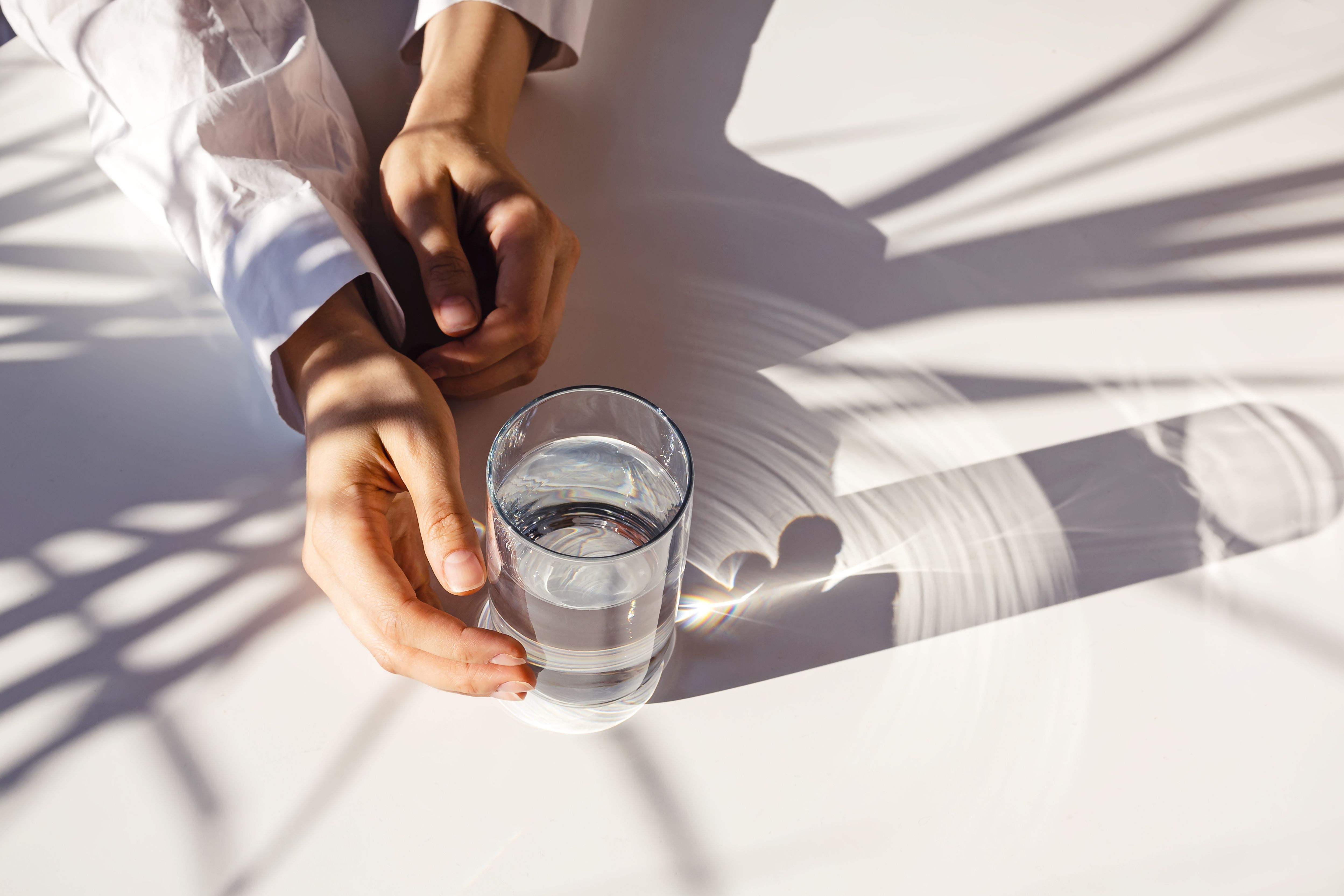
2. How Hard Is My Water?
This is one of the most searched water questions in the UK:
“How hard is my water?”
“Do I live in a hard water area?”
Hard water is most common in:
- London
- South East England
- East England
- The Midlands
- South West England
These regions sit on chalk and limestone, which naturally increases mineral levels in tap water.
Signs you have hard water:
- White limescale on taps and sinks
- Chalky residue in your kettle
- Stiff laundry even after washing
- Dry or irritated skin after showers
- Hair feeling brittle or less smooth
- Soap that doesn’t lather well
If you’ve ever asked “is London water hard or soft?”, the answer is straightforward:
London has some of the hardest water in the UK.
3. Is Hard Water Bad for You?
Hard water is safe to drink
It contains minerals that are naturally present in groundwater.
Hard water and skin
Hard water can irritate sensitive skin because calcium and magnesium interact with soaps and body wash, leaving a residue that may lead to dryness or itchiness.
Hard water and hair
This is one of the biggest concerns people search for:
“Does hard water cause hair loss?”
“What does hard water do to your hair?”
Hard water does not directly cause hair loss, but it can:
- Leave mineral deposits on the scalp
- Make hair feel rough or dull
- Increase breakage, making thinning more noticeable
- Weigh hair down
- Reduce the effectiveness of conditioners and treatments
People who experience these effects often look for:
“hard water shower filter”, “hard water hair loss help”, or “how to soften hard water for hair.”
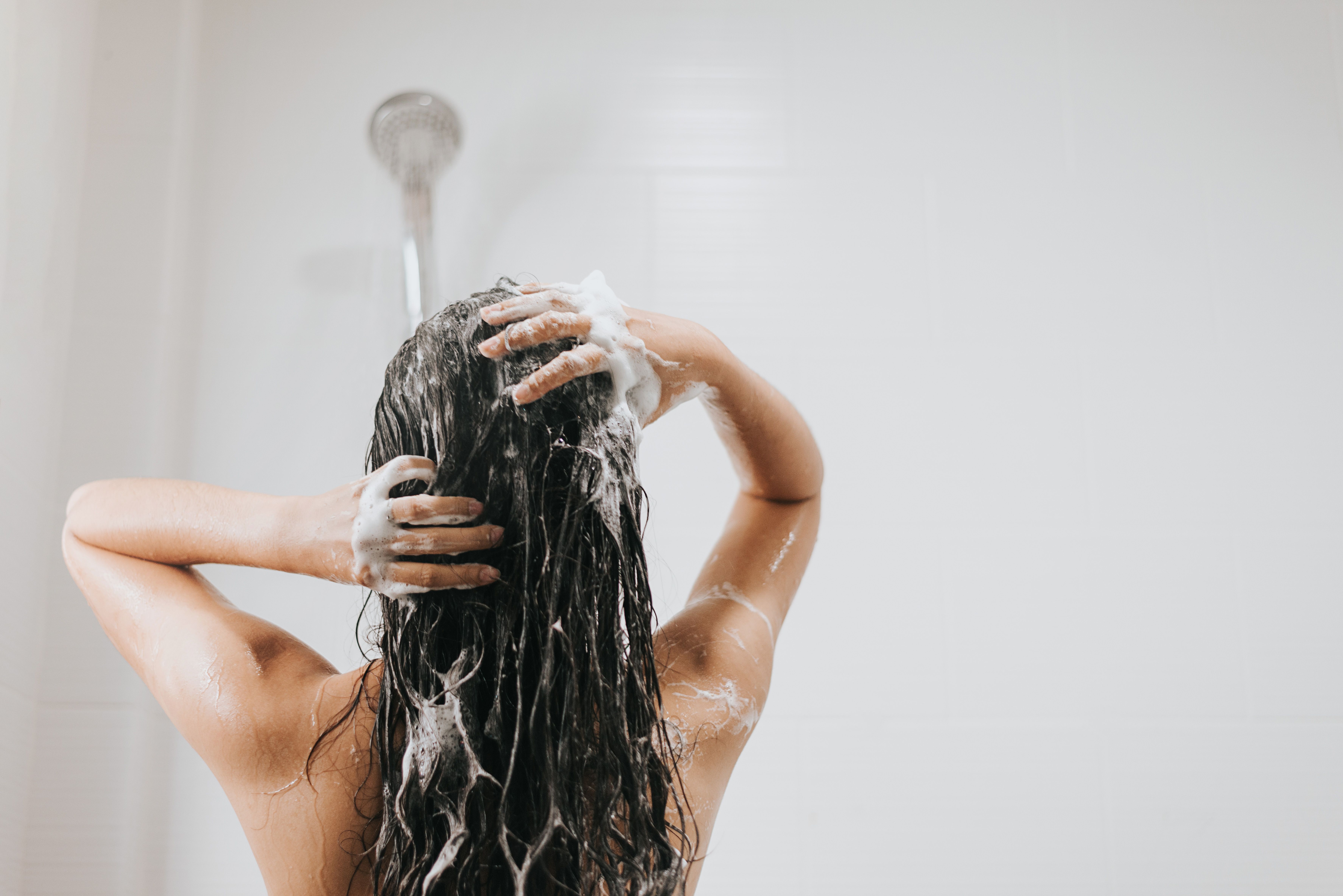
4. What Causes Hard Water?
Hard water occurs naturally—and the UK’s geological landscape makes it common.
Water becomes hard when it passes through:
- Chalk
- Limestone
- Mineral-rich rock formations
As it moves underground, it absorbs calcium and magnesium. These are the same minerals that later show up as limescale around your taps.
This is why even homes only a few miles apart can have very different water hardness.
5. Hard Water and Your Home
Hard water doesn’t only affect your shower—it affects your entire home:
Common problems caused by hard water:
- Limescale buildup in kettles, coffee machines, and boilers
- Cloudy or streaky glassware
- Shorter lifespan of dishwashers and washing machines
- Reduced water pressure due to scale buildup
- Higher energy bills caused by inefficient appliances
This is why many people search for:
“hard water filter”, “tap filter for hard water”, “shower head filter for hard water”, and “how to treat hard water at home.”
6. How to Treat Hard Water
There are several ways to reduce the effects of hard water depending on what you want to improve.
1. Shower Filters
Helps with:
- Hair softness
- Skin dryness
- Chlorine reduction
Useful for people asking: “how to treat hard water for hair?”
2. Tap Filters
Improves:
- Taste
- Clarity
- Odour
- Drinking water quality
3. Whole-Home Softeners
Traditional systems use salt and require ongoing maintenance.
They reduce hardness but do not purify water.
4. Modern Purification Systems
The most effective all-around solution is advanced filtration that reduces hardness effects and removes contaminants like:
- Chlorine
- PFAS
- Microplastics
- Heavy metals
This is where the Bluewater Kitchen Station 1™ stands out.
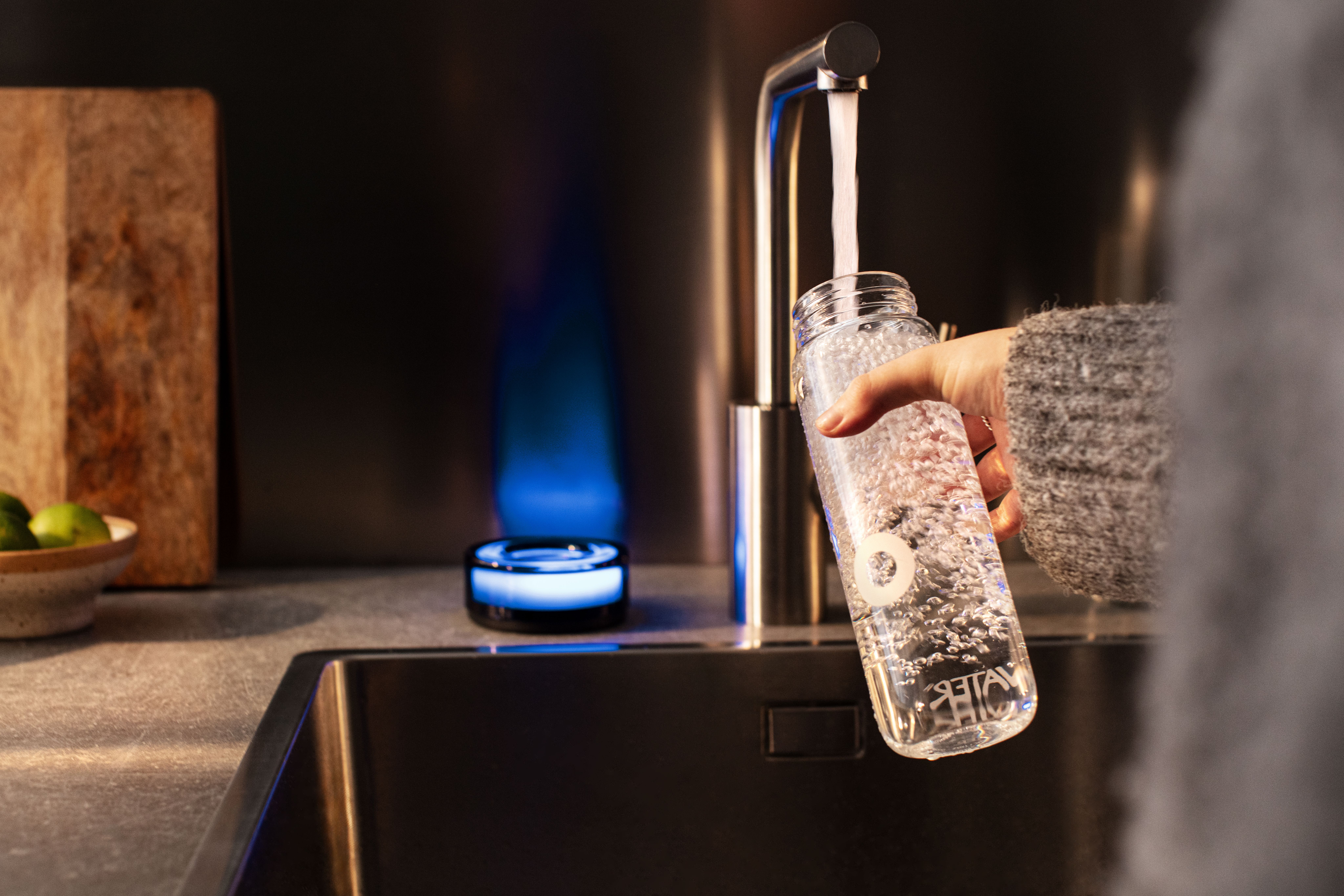
7. Upgrade Your Home With Bluewater Kitchen Station 1™
Whether you’re tired of limescale in your kettle or you simply want cleaner, better-tasting water, the Bluewater Kitchen Station 1™ delivers ultra-purified water that helps reduce the impact of hard water throughout your home.
Why people choose Kitchen Station 1™:
- Removes chlorine, PFAS, microplastics, and heavy metals
- Reduces hardness impacts without adding salt
- Improves taste for coffee, tea, and cooking
- Helps protect kettles, cookware, and appliances
- Enhances skin and hair comfort when used for rinsing
- Provides a constant supply of ultra-clean water
- Eliminates the need for bottled water
If you’ve wondered “how to treat hard water?”, “how to make hard water soft for drinking?”, or “how to improve London’s hard water?”, Kitchen Station 1™ is a modern, sustainable solution designed for UK homes.
References
- Drinking Water Inspectorate (UK) – Water Hardness and Quality Guidelines
- GOV.UK – Check the quality of your drinking water
- Thames Water – Hard Water Advice
- Southern Water – Hard Water Checker & Full Water Quality Report
- United Utilities – Water Hardness Factsheet
- Salamander Pumps – Water Hardness in the UK: Common Issues and Treatment
- Water Quality Archive (data.gov.uk)
- East Sussex Water – Hard Water Advice Booklet (PDF)
- Aqua Cure Ltd – UK Hard Water Map & Postcode Checker
